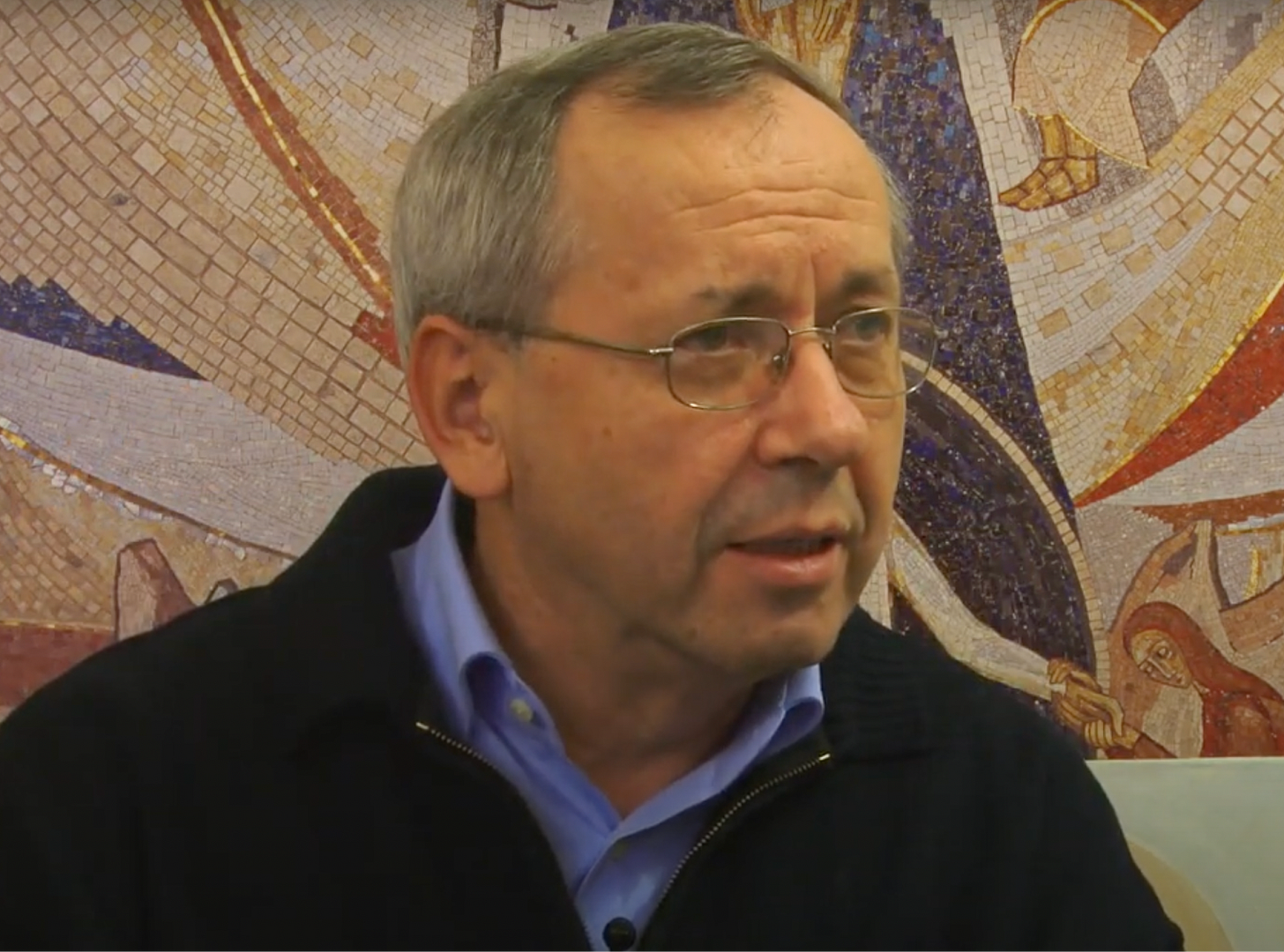Is the tide turning on the Rupnik case?
Not long ago, Church institutions seemed anxious about taking action on the priest's legacy, but that appears to be changing.
The ongoing case of Fr. Marko Rupnik, the disgraced religious artist and former Jesuit accused of decades of sexual abuse, has taken a number of interesting turns in the last week.

For Rupnik’s many alleged victims, and for Catholics around …
